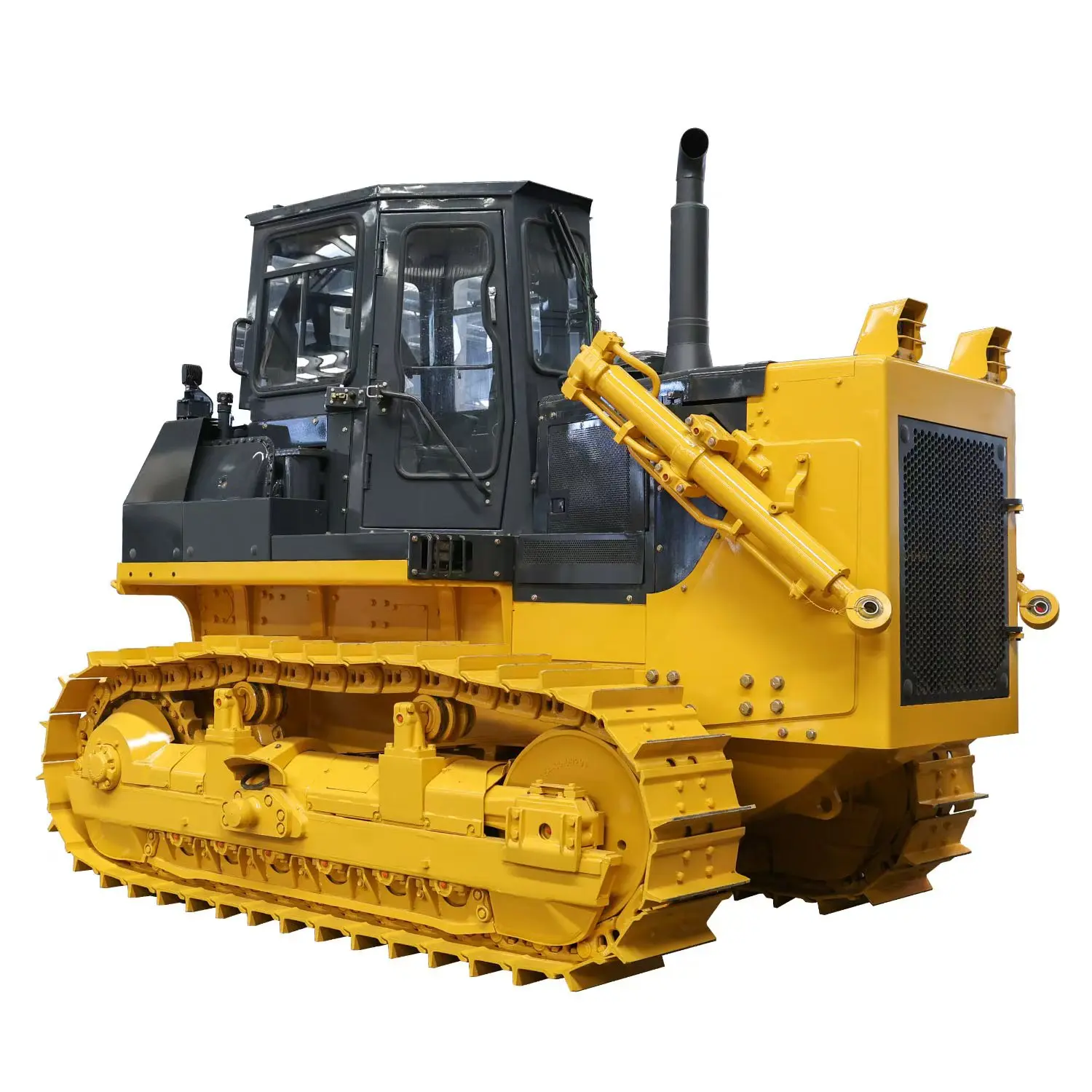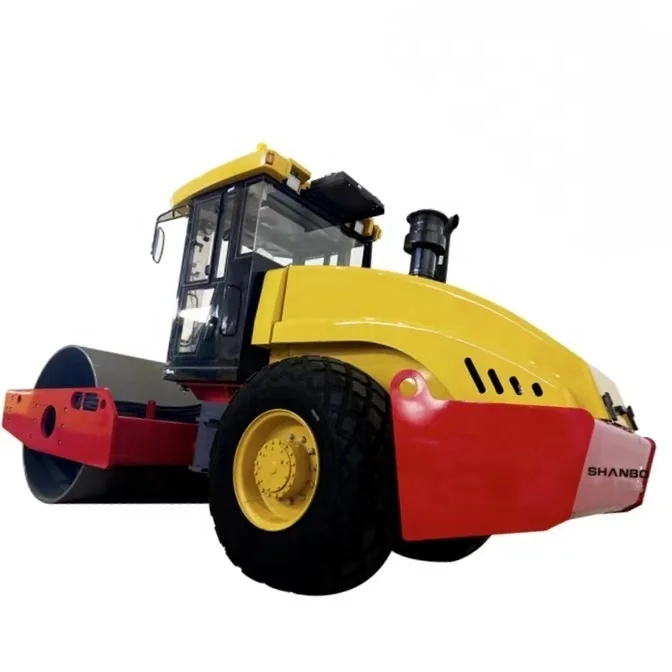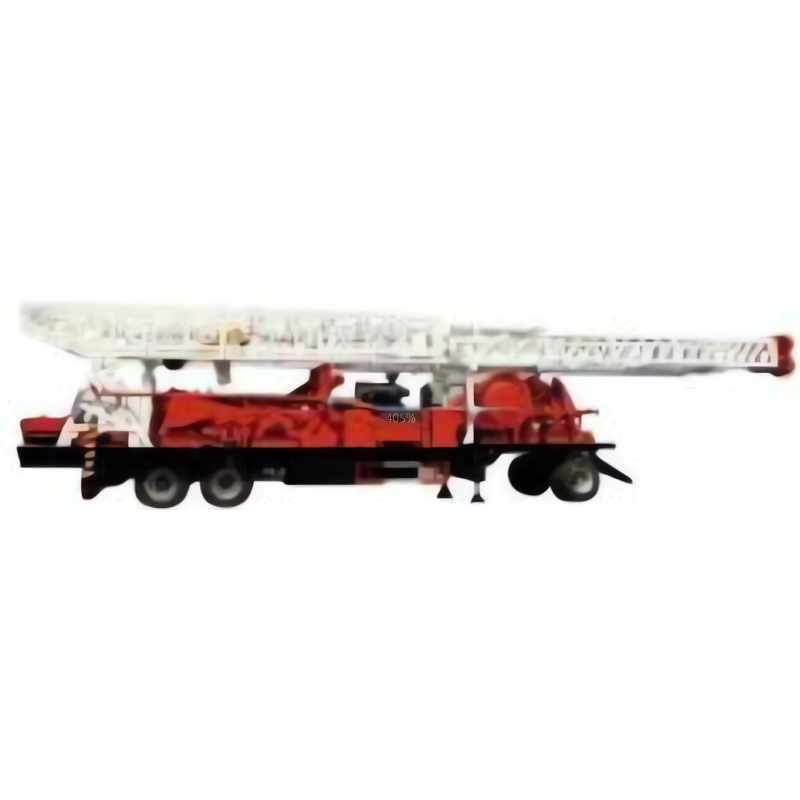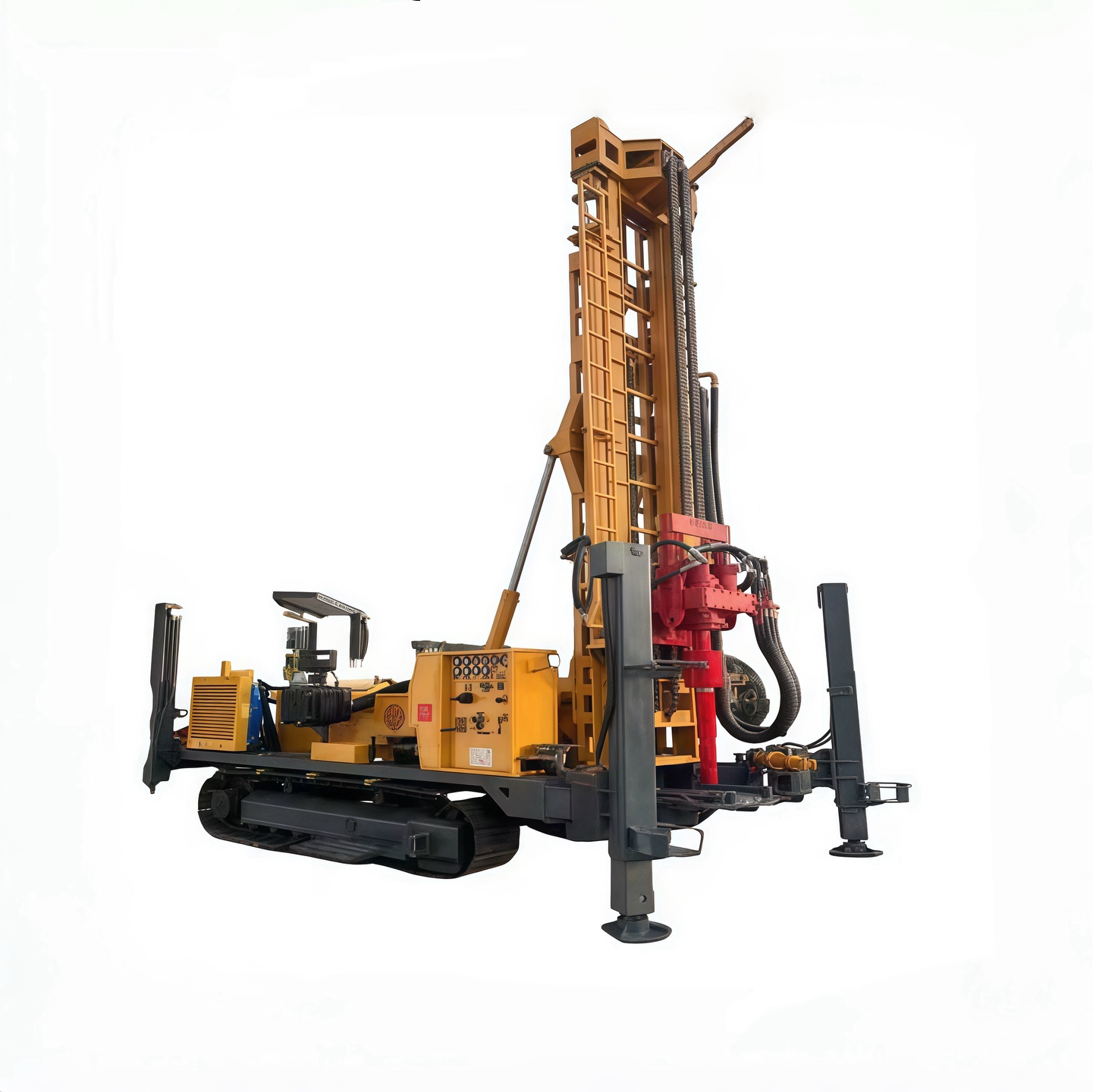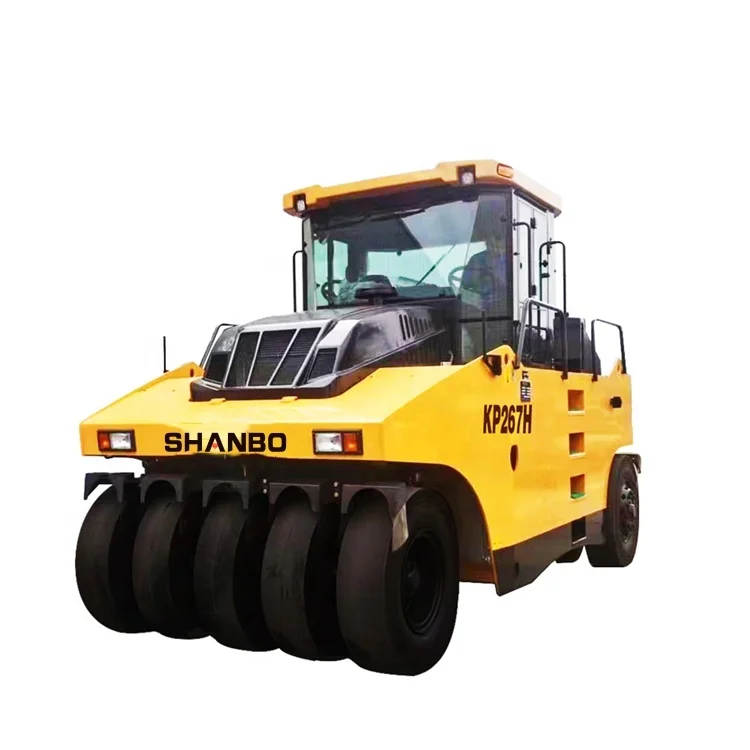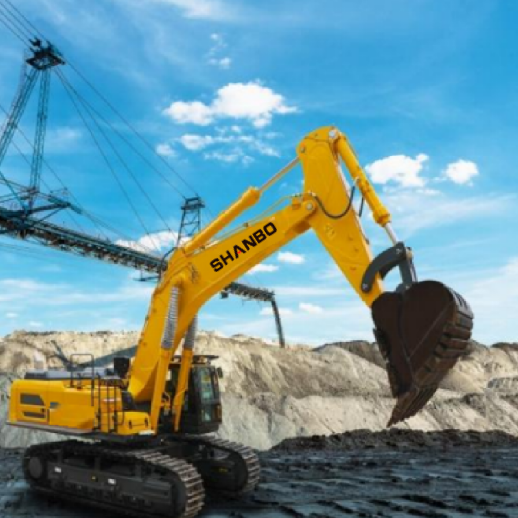Construction Equipment Manufacturers: Key Players in Mega Infrastructure Projects
The Critical Role of Construction Equipment Manufacturers in Mega Projects
Enabling Large-Scale Infrastructure Development
When it comes to big infrastructure projects like highways, bridges, and airports, construction equipment makers are absolutely essential to getting things done right. These companies supply all sorts of heavy duty gear including massive excavators, powerful bulldozers, and towering cranes needed to tackle the sheer size and technical demands of major construction sites. Getting this equipment on site when needed makes a huge difference in how fast projects get finished and whether they meet quality standards. Without reliable access to this machinery, crews would struggle to keep up with deadlines while maintaining safety protocols across complex job sites where multiple teams work simultaneously.
The tech improvements coming out of these manufacturers are really helping make construction sites safer while getting more done faster. Take a look at what happens when crews start using newer equipment - studies indicate productivity jumps anywhere between 20 to 30 percent across the board. That means real money saved and jobs completed quicker than before. Modern day construction machines do more than just speed things up though. They actually help keep workers protected and ensure compliance with all those strict safety regulations that have become standard practice nowadays. No wonder so many big infrastructure projects simply wouldn't be possible without this kind of advanced gear anymore.
Meeting Global Demand for Advanced Machinery
As construction becomes more global, there's been a real surge in demand for advanced machinery. Companies just can't keep up with everything anymore and are forced to come up with new ideas all the time. Sustainability has become a big deal worldwide too. So what do manufacturers do? They start making greener machines that actually meet those tough environmental standards nobody wants to talk about but everyone has to follow. Market analysts are seeing this trend play out in their numbers as well. Some reports predict the construction equipment sector could hit around $250 billion in value by mid decade. That's pretty impressive growth considering how cyclical this industry usually is.
The makers of construction gear are doing what they can to keep up with all this demand through smart supply chain management. They tackle problems when materials come and go unpredictably, plus deal with labor shortages in different regions so they can keep making and shipping those fancy machines around the globe. What these efforts do is help them hold onto their position in the market while at the same time being able to back bigger infrastructure jobs from Asia to South America. For instance, companies have had success adapting their operations to build specialized equipment needed for major highway expansions in places where traditional models just won't work.
Market Growth Drivers and Industry Expansion
Government Investments in Public Infrastructure
Globally, government investments in public infrastructure are significantly propelling the construction equipment market. With ambitious policies being enacted worldwide, there's a focused push towards not only revamping but expanding infrastructure projects.
The global market for these initiatives is expected to hit around $12 trillion by 2030 according to recent forecasts. All this money flowing in means construction companies need more machines right away, which keeps the industry growing because they constantly have to replace old gear or upgrade their fleets. We're seeing this especially in places like Southeast Asia and parts of Africa where governments are pushing forward with major infrastructure plans. These nations will likely buy up lots more excavators, bulldozers and other heavy equipment just to keep pace with their ambitious development goals.
Urbanization and Smart City Initiatives
The combination of urban growth and smart city developments has really pushed up the demand for better construction methods. Over half the world's people live in cities these days, which means there's serious pressure on builders to come up with new tech that can handle sustainability while keeping things running smoothly in crowded spaces. When looking at what's happening with smart cities, we see more integration of internet-connected devices and artificial intelligence systems. This trend forces equipment makers to rethink their approach and create machinery that works well with today's tech requirements rather than yesterday's standards.
This wave is driving the growth of the smart city market, forecasted to expand to over $2 trillion by 2025. Consequently, it underscores a heavy reliance on sophisticated, high-tech construction equipment that is both efficient and eco-friendly, pointing towards an era where urban construction is intertwined with cutting-edge technology.
Key Global Players Shaping the Industry
Shanbo: Professional Construction Equipment Manufacturer
Shanbo has established itself as a leader in the construction equipment manufacturing sector due to its emphasis on quality and innovation. By offering a diverse range of products, including excavators, bulldozers, road rollers, motor graders, loaders, and other specialized machinery, Shanbo caters to a wide array of construction needs.
Recent advancements, particularly in eco-friendly products, reflect a significant industry shift towards sustainability. Shanbo's dedication to research and development, complemented by strategic partnerships, ensures it remains ahead in the competitive landscape of construction machinery manufacturing.
Caterpillar: Leading Innovation in Heavy Machinery
Caterpillar is a formidable force in the heavy machinery sector, known for its pioneering technology and robust construction solutions. Through substantial investment in research and development, Caterpillar has introduced advanced construction equipment that sets a benchmark for performance and reliability.
The company's extensive global distribution network guarantees the accessibility of its products, thereby enhancing market penetration worldwide. Furthermore, Caterpillar's alignment with sustainability and automation trends highlights its role as a key player in shaping the future of construction technology.
Komatsu's Dominance in Mining and Earthmoving
Komatsu commands a significant position in the mining and earthmoving sectors, thanks to its durable and efficient construction machinery. The company prioritizes innovation by integrating advanced technologies into its machinery to boost operational efficiency.
With operations in over 150 countries, Komatsu has established a strong global presence that allows it to meet diverse market demands. Recent initiatives aimed at improving machinery sustainability further demonstrate Komatsu's commitment to addressing global environmental concerns.
Volvo CE's Sustainability-Focused Solutions
Volvo Construction Equipment (CE) stands out in the industry for its focus on sustainable practices. The company is at the forefront of producing energy-efficient and low-emission machinery, aligning with the growing demand for sustainability.
Volvo CE's innovative designs incorporate principles of recycling and resource stewardship, appealing to environmentally conscious consumers. Their ongoing efforts to reduce carbon emissions and enhance product lifecycle management underscore their dedication to pioneering sustainability-focused solutions in the construction equipment market.
Technological Advancements Redefining Construction
Electrification of Heavy Construction Machinery
Heavy machinery going electric is changing how construction works across the board, offering cleaner air and better efficiency on job sites. Research shows electric construction gear cuts down carbon dioxide emissions around half compared to old school diesel machines according to industry reports from last year. Part of why we're seeing this move happens because governments keep tightening rules on emissions as part of their fight against global warming. Contractors now face real pressure to adopt greener methods if they want to stay compliant with these new environmental standards while still running profitable businesses.
More and more manufacturers are turning their attention to electric tech these days. They see it as a way to cut down on environmental impact while making operations run smoother too. Market forecasts back this shift up pretty strongly. Looking ahead, the electric construction machinery market is projected to expand at around 21% per year between 2021 and 2026. That kind of growth rate shows just how important this segment has become for the industry overall. Companies across the board seem to be waking up to what electric solutions can offer them both environmentally and economically.
Autonomous and Telematics-Enabled Equipment
Bringing autonomous tech into construction machinery is changing how safe and efficient work gets done at building sites across the country. With these self-driving systems, heavy equipment can handle repetitive jobs while workers stay out of harm's way, cutting down accidents and boosting output numbers. Many contractors are also adopting telematics solutions that track machine performance live from remote locations. The data collected helps schedule repairs before breakdowns happen, saving money and keeping projects moving forward without unnecessary delays. For companies trying to balance budgets while maintaining quality standards, these combined technologies represent a game changer in modern construction management practices.
Industry analysts forecast the telematics market within construction machinery to expand by more than 30% in the coming years as demand for enhanced efficiency grows. Such advancements play a pivotal role in lowering labor costs and improving overall project management, thereby driving significant change in the construction sector.
BIM Integration for Project Efficiency
The integration of Building Information Modeling (BIM) is changing how construction professionals handle everything from initial planning right through to final management stages. With BIM, architects, engineers, and contractors can work together much better, cutting down on mistakes that usually creep into projects. The ability to visualize buildings before breaking ground helps everyone spot potential problems early on. Some real-world data backs this up pretty well too. Contractors report saving around 30% on costs when they implement BIM properly, while project completion times often drop by about 25%. Of course, these numbers aren't universal across all construction types, but the trend definitely points toward significant improvements in efficiency and quality control throughout the building lifecycle.
As BIM evolves, its integration into equipment design and operational capabilities is projected to increase, fostering greater efficiency in construction management. Its role in future-ready construction projects cannot be underestimated, as it continues to streamline processes and optimize resource utilization, essential factors in managing complex construction endeavors.
Essential Machinery for Modern Construction
Excavators and Bulldozers: Backbone of Site Preparation
Excavators and bulldozers are fundamental tools in site preparation, playing a vital role in earthmoving and grading during various construction projects. These machines are designed to be versatile, featuring a range of attachments that cater to different tasks, making them indispensable on any construction site.
The numbers tell us something interesting about construction gear these days. Excavators alone make up around 20% of all equipment value on site, which means they play a pretty big part in any job. When companies upgrade to newer models, they usually see better fuel economy and get more work done in the same amount of time, which obviously helps finish projects faster. Take Shanbo's bigger hydraulic machines for instance. Their excavators and bulldozers handle tough jobs without breaking a sweat, making them reliable options across different types of construction sites where heavy lifting matters most.
Motor Graders and Road Rollers in Transportation Projects
Motor graders and road rollers are key players in constructing roads and other transportation infrastructure. These machines are meticulously engineered to deliver precise grading and compaction, essentials for building strong, durable roadways.
Market analysis highlights how rising investments in road construction are driving demand for these specific machines. As the push for upgraded infrastructure continues in various regions, motor graders and road rollers will undoubtedly remain high in demand, reflecting their integral role in transportation projects.
Specialized Equipment: Well Drilling Rigs
Specialized equipment, like well drilling rigs, is essential for specific construction projects such as water supply management and geothermal applications. The demand for water well drilling machines is surging in response to the growing need for sustainable water sourcing solutions.
These drilling rigs are crafted following stringent engineering standards to ensure operational efficiency and safety. Given the increasing global focus on water resource management amid climate challenges, this sector is expected to witness significant growth, with well drilling rigs playing a pivotal role in addressing these pressing needs.
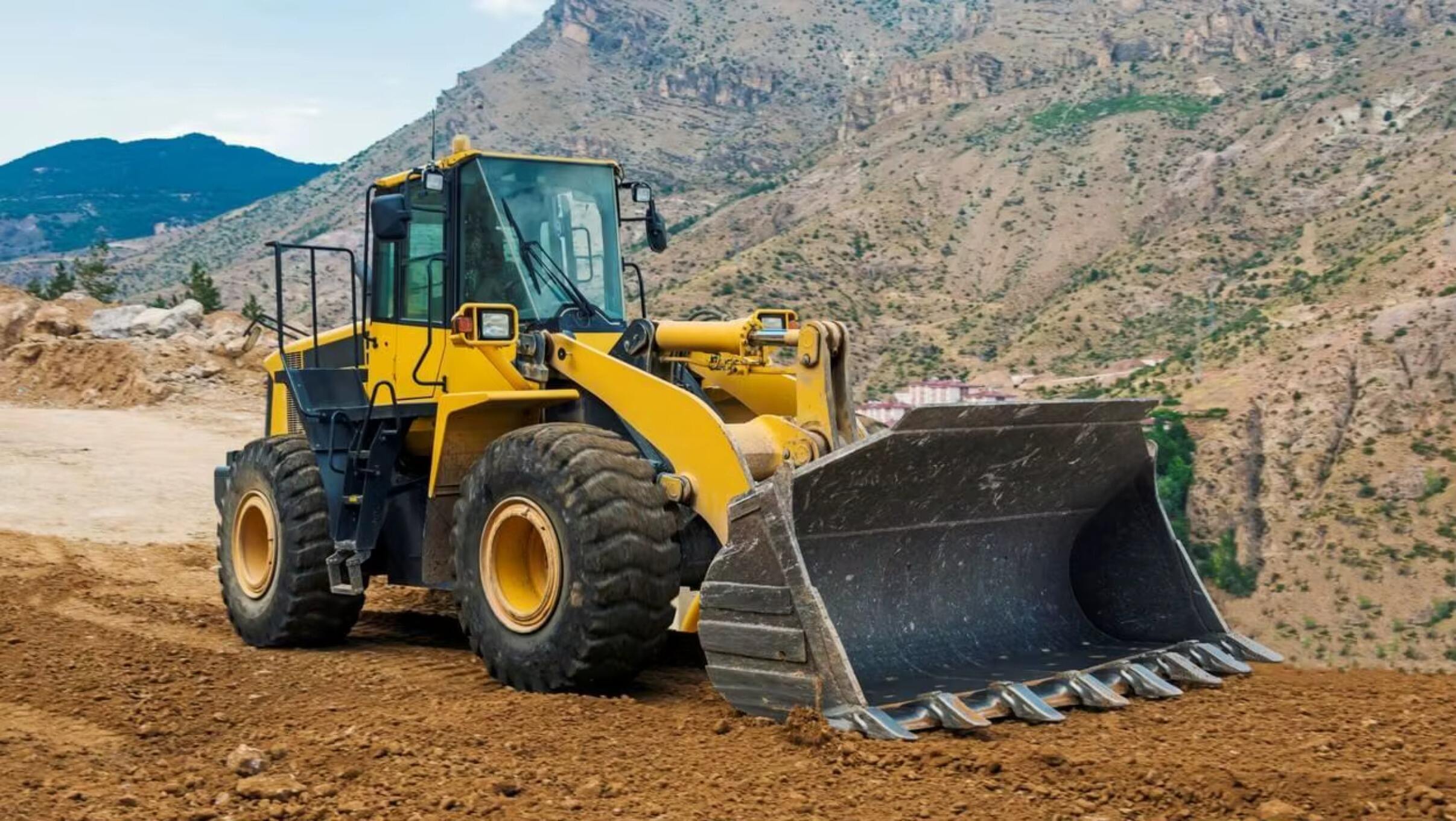
Future Trends and Sustainable Practices
Hydrogen-Powered and Zero-Emission Machinery
Hydrogen-powered construction machinery is emerging as a crucial advancement in construction technology, promising significant reductions in emissions. As zero-emission policies become prevalent worldwide, manufacturers are increasingly exploring hydrogen fuel cells as alternative energy sources.
For example, a projected growth of 15% in hydrogen fuel technology within the construction sector by 2025 indicates a substantial market shift. These developments reflect a proactive approach towards sustainable practices, as investments in hydrogen infrastructure are anticipated to enhance its long-term viability.
AI-Driven Predictive Maintenance Systems
Integrating AI into maintenance systems is redefining equipment reliability by leveraging predictive analytics to reduce operational costs. By examining usage patterns, AI technology can foresee potential equipment failures, allowing pre-emptive maintenance scheduling to avert costly downtime.
Industry reports highlight that predictive maintenance can curtail maintenance expenses by up to 30%, showcasing its economic value. As businesses become more aware of these cost-saving benefits, the adoption of AI-driven systems in construction equipment is expected to rise significantly.
Circular Economy Models in Equipment Manufacturing
Embracing circular economy models in equipment manufacturing foregrounds sustainability and resource efficiency. Manufacturers are now developing processes that prioritize recycling and responsible material sourcing throughout the supply chain. Research has shown that such models can slash waste by up to 60% and drastically reduce production costs for equipment manufacturers.
As the industry evolves, adopting circular models will not only minimize environmental impact but also confer a competitive advantage to businesses that prioritize sustainable practices.
Conclusion
Construction equipment plays a major role in getting those big infrastructure projects off the ground across the world. Equipment makers have been busy adapting to what's needed globally, bringing in new ideas, greener methods, and better tech throughout their businesses. Their efforts address what's happening right now while paving the way for what comes next in the field. Companies like Shanbo, Caterpillar, and Komatsu stand out because they keep pushing boundaries when it comes to building machines that last longer and work smarter. These manufacturers don't just follow trends they set them, constantly improving their products so workers can get the job done faster and safer than ever before.
Shanbo stands out in the construction equipment manufacturing world by combining solid craftsmanship with fresh ideas that actually work on job sites. The company has stayed ahead of the curve when it comes to adopting new technologies and following industry shifts, which explains why so many contractors keep coming back. When companies tackle big infrastructure jobs or commercial developments, going with Shanbo equipment means getting machines built to last through tough conditions while still delivering results faster than competitors. Their gear handles everything from urban high-rise foundations to highway expansion projects without breaking down under pressure.
Recommended Products
 Hot News
Hot News
-
“Water Savior” 200 m Reverse Circulation Water Well Drills Arrive in Uzbekistan
2025-03-28
-
Wheel Loader vs Bulldozer: Which Heavy Machine Fits Your Project?
2026-01-22
-
Bulldozer Track Parts Explained: Types, Functions, and Maintenance Tips
2026-01-21
-
Top Global Bulldozer Manufacturers: Leading Brands You Should Know
2026-01-20
-
Construction Excavator Overview: Types, Functions, and Key Advantages
2026-01-19
-
Ranking the Best Bulldozer Models for Heavy Construction and Mining
2026-01-17
